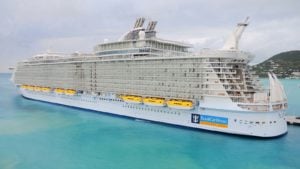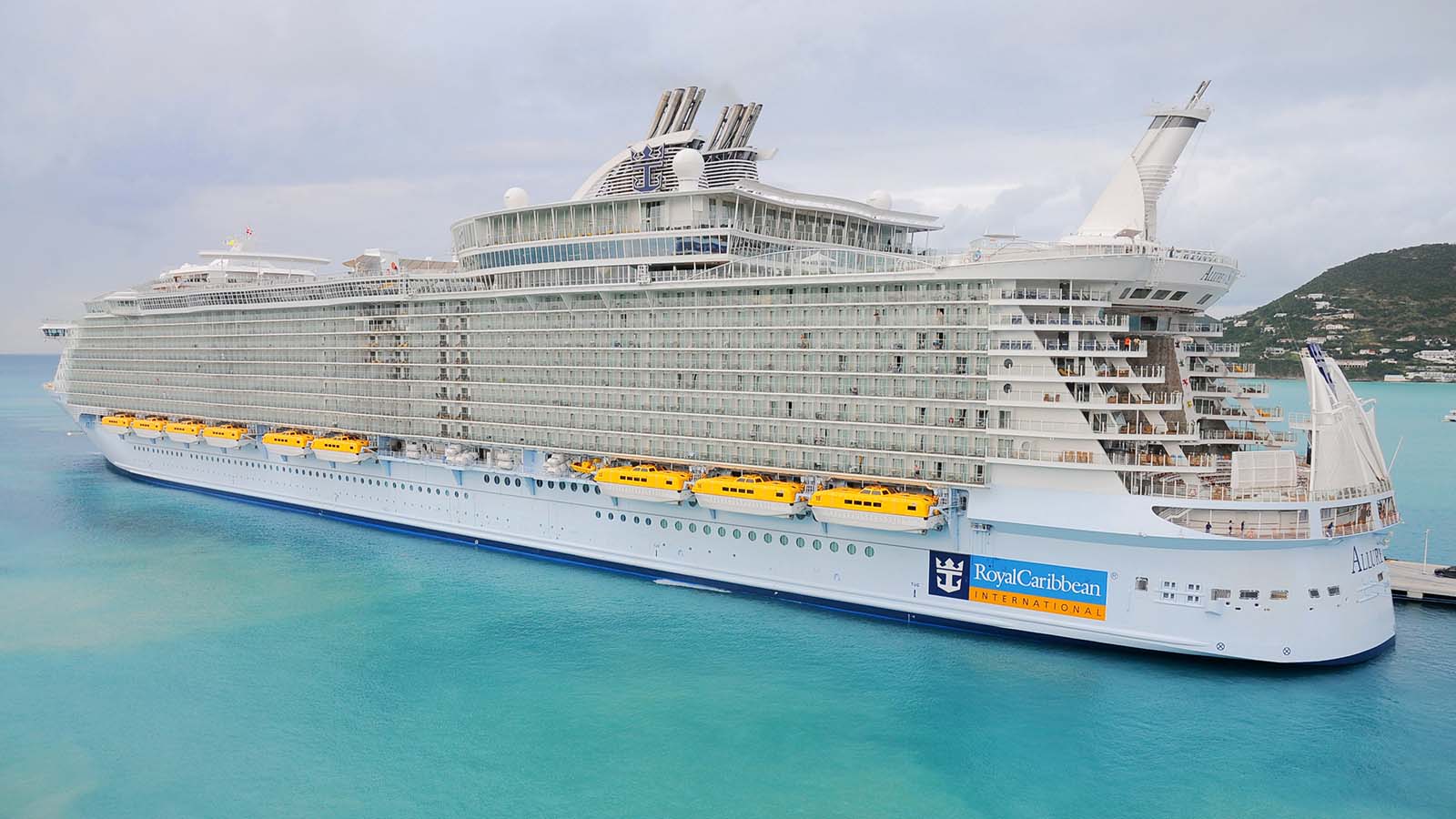Royal Caribbean (NYSE:RCL) is having itself a month. RCL stock is up over 40% since the beginning of May on what can only be described as discount shopping at the clearance rack. Right now, it seems that investors keep buying the stock as if they’re afraid of missing out on the next leg up.

The problem with that thinking is that Royal Caribbean had already nearly doubled from where it had fallen in March. And at around $40 per share, RCL stock felt a little ahead of itself. So, with a stock price nearing $60 per share, it seems like a classic case of investors who have a fear of missing out (FOMO).
Royal Caribbean Is Not to Blame
Like all cruise lines, Royal Caribbean saw its stock price plummet in March as the Covid-19 pandemic forced a complete suspension of operations. The cruise line industry is no stranger to overcoming situations regarding shipborne illnesses. But the nature of the novel coronavirus and its potential to be transmitted asymptomatically is a particular problem for an industry that relies on having a captive audience for days or even weeks.
Then you throw in the possibility of being quarantined on a cruise ship (those cabins aren’t that big) and you can understand why many cruise line passengers may be taking a wait-and-see approach.
In early May, I questioned if the stock was priced too high at $41 per share. Since then, the company reported its first-quarter earnings. And it announced that it would not start sailing again until August 1, 2020. That’s a month longer than previously planned.
The company also said that forward bookings for the remainder of 2020 were “meaningfully lower” on a year-over-year basis.
The Future Revenue Picture Is Still Not Clear
Last year, Royal Caribbean brought in about $10.6 billion in revenue. On the conference call to discuss first quarter earnings in May, Jason Liberty, RCL’s CFO announced that the company had cut back on capacity by 25%.
Liberty also stated that Royal Caribbean, like every other cruise line, was offering its guests who had their cruises suspended the option to receive a 125% future cruise certificate (FCC) in lieu of a cash refund. However, as of the earnings call, approximately half (45%) of guests had asked for a refund.
On the face of it, retaining approximately half of potential revenue would seem like “less bad” news. But here’s something else to remember about the future cruise certificates. In a blog post from the company, Royal Caribbean stated “the deadline to request to change a future cruise credit to a refund deadline is December 31, 2020.”
It makes sense that many customers will want to take a wait-and-see attitude. If cruise lines begin to sail without incident, they can book a trip. If they don’t, they can get their cash refund.
The company did say about 20% of the guests who have an FCC have already rebooked future cruises. But here’s the rest of that story. On the same conference call, Chairman and CEO Richard Fain spoke about Royal Caribbean’s Cruise with Confidence program that allows guests to cancel a booking up to 48 hours before the cruise is set to sail.
All of this put together makes a tricky revenue picture even more complex. RCL stock seems priced for the company to realize all available revenue. And that seems unlikely.
You Can Wait on RCL Stock
Covid-19 and the novel coronavirus that causes it will continue to infect cruise lines for quite some time. Fain confidently told investors that he was confident the cruise industry would bounce back similar to what occurred after 9/11.
I do believe that people will continue to cruise. As treatments, and possibly a vaccine, become available, the number of passengers should increase. But right now, RCL stock has a price-earnings ratio of over 60 at a time when the cruise line is burning through between $250 million to $275 million per month.
My InvestorPlace colleague Todd Shriber has a different opinion. Shriber suggests that you can’t wait for the right time to buy cruise line stocks because the market will already have beaten you to it. He also says RCL’s forward bookings are within historical ranges.
I understand his point, but I don’t agree with it. There are times when things can be simple. RCL stock is needlessly expensive at the current price. I want to see revenue before I’m going to overpay for a cruise line stock.
Chris Markoch is a freelance financial copywriter who has been covering the market for over five years. He has been writing for InvestorPlace since 2019. As of this writing, Chris Markoch did not hold a position in any of the aforementioned securities.
